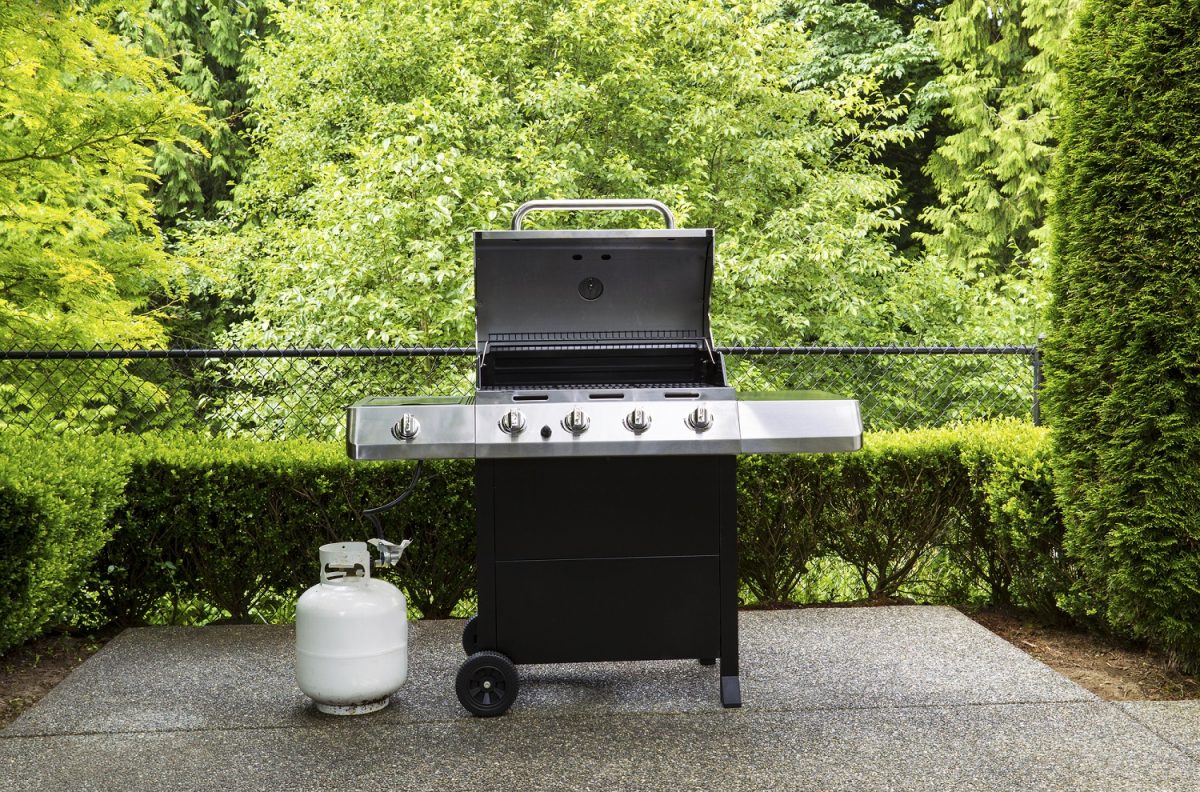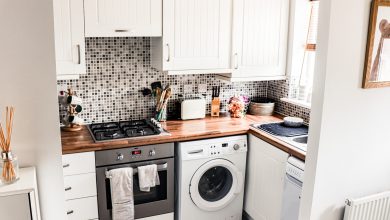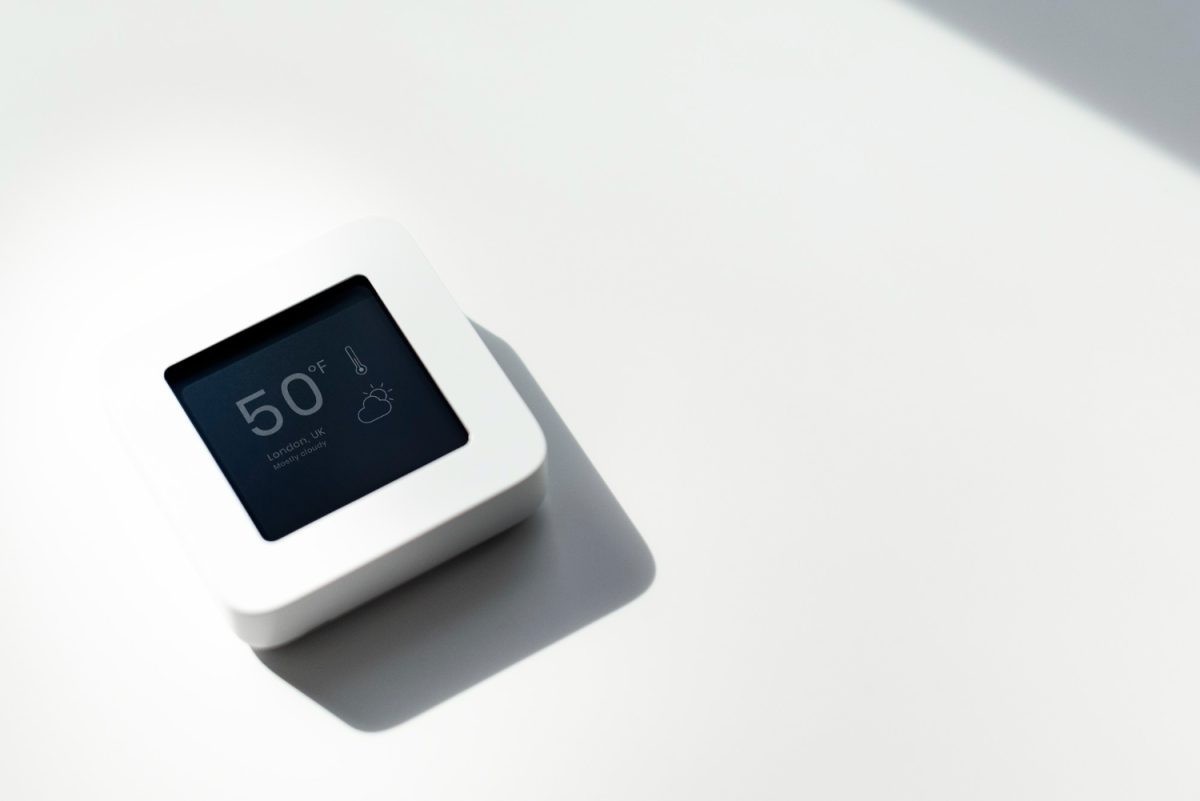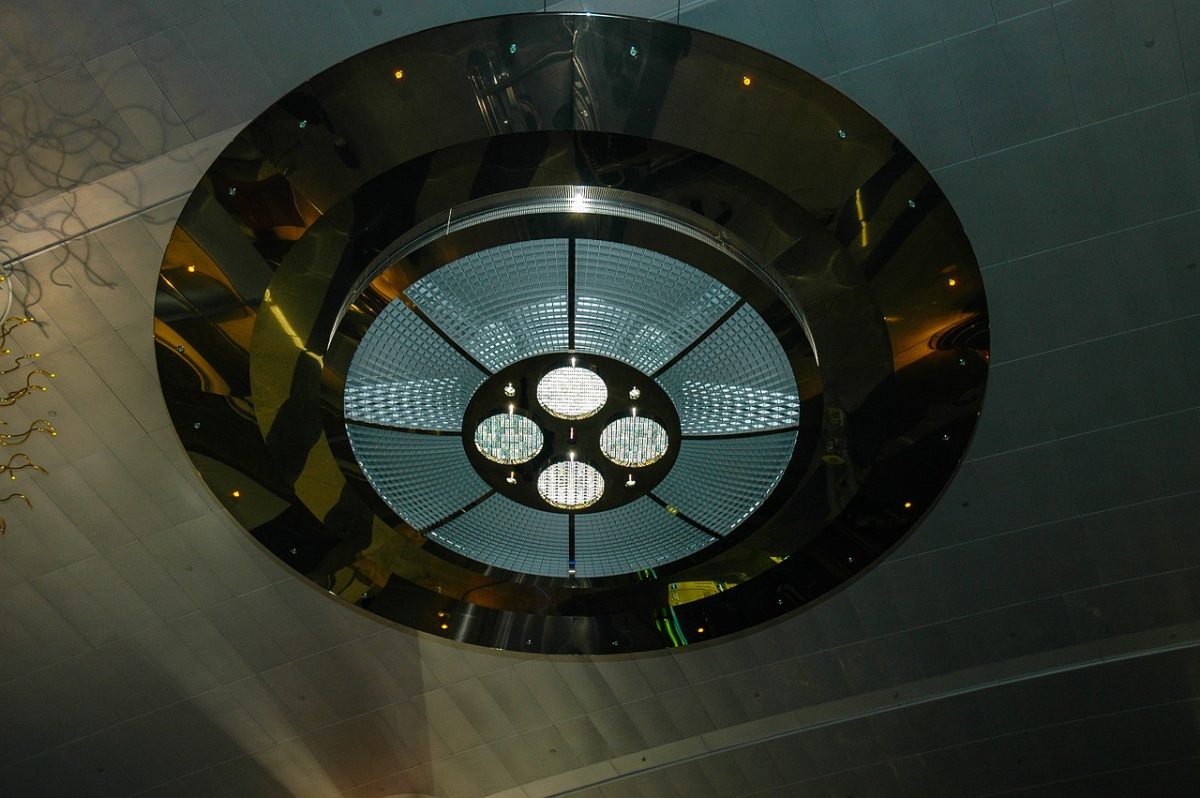Advanced Heating System
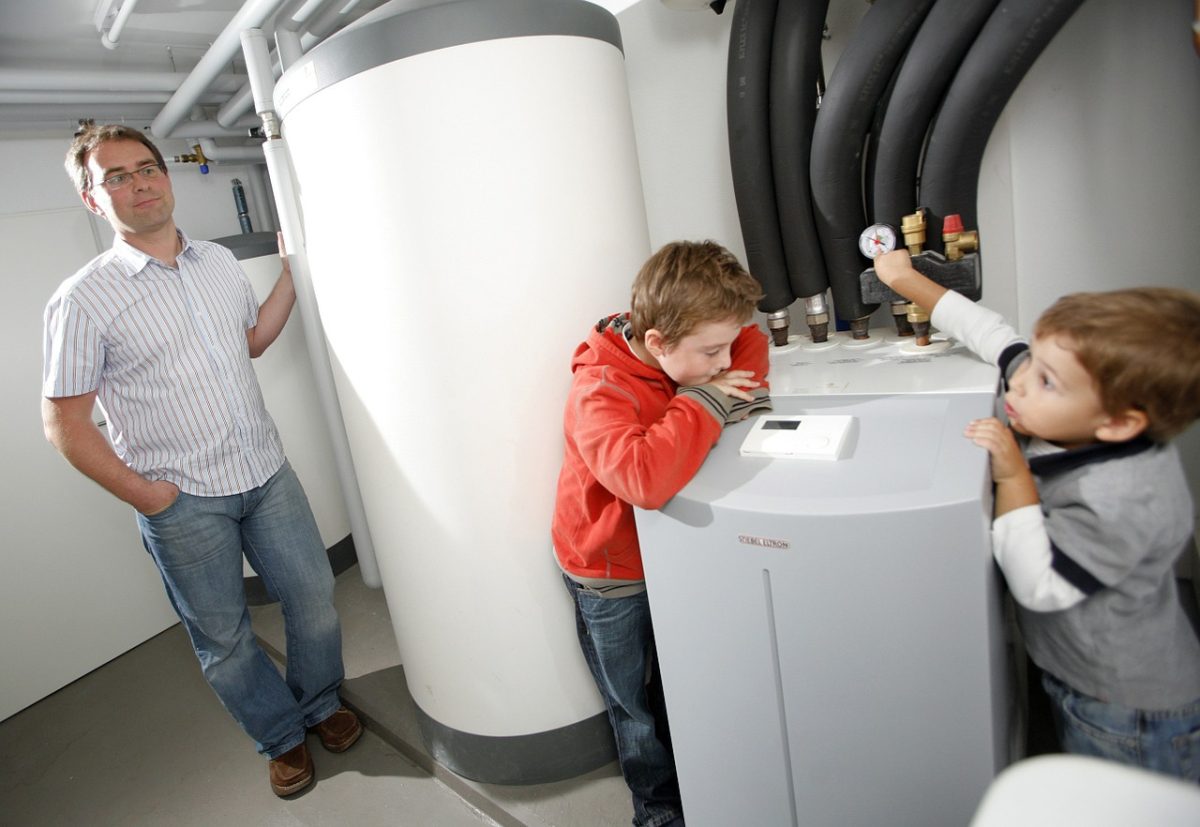
Heat pumps do not produce energy, but only convert and transfer it from other sources. They allow the consumer to be independent of district heating, eliminate the need to purchase fuel and provide optimal indoor microclimate.
Advantages Of Heat Pumps:
- efficiency – in order to transfer 1 kW to the heating system, spend 0.3 kW of electricity;
- lack of strict requirements for ventilation and fire safety;
- environmental friendliness — there are no harmful emissions;
- versatility – it can both heat the room and cool;
- safety — there is no possibility of explosion, as it does not use fuel.
Power Sources
Alternative energy for heat pumps can be:
- air;
- water ;
- soil.
Air heat pumps are simple and low-cost, but their efficiency depends on the ambient temperature. If the temperature drops below -25° C in winter, they will not be able to heat themselves.
Water heat pumps: energy from surface water bodies is used more often in industry, because a river or pond is rarely near the house. The use of groundwater requires drilling a well, which is very expensive, as well as water drainage and filtration. However, the efficiency of such systems is better.
The soil is considered a universal source of heat; it is able to maintain a stable temperature, because below the freezing depth it is constant throughout the year. There are nuances: vertical laying of pipes requires drilling, and horizontal is not always possible due to the limited area or features of the landscape.
The great advantage of heat pumps: there is no need to obtain approvals and permits. The only exception can be work with drilling wells for geothermal equipment options and using the energy of rivers.
While selecting sources for heat pumps, consider natural factors – the proximity of water bodies, depth to groundwater, and the financial costs of drilling and investments.

